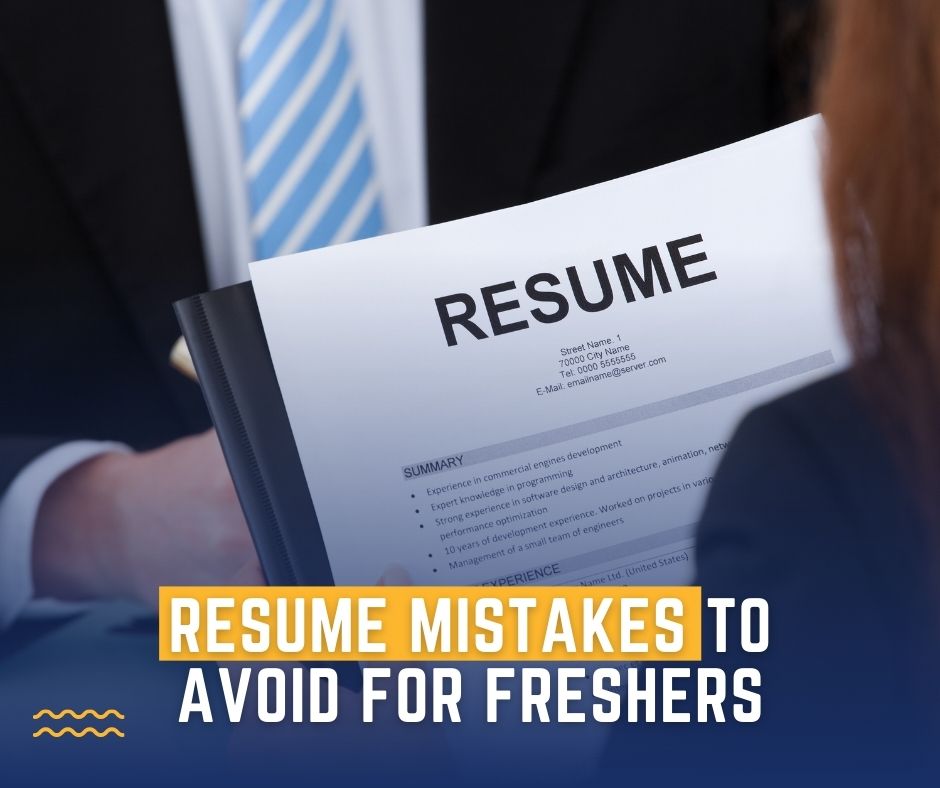Writing a Resignation Letter: Tips and Examples

Resignation from a job is a very important decision that is generally accompanied by mixed feelings of emotions. Resigning from a place you have been staying may involve shifting jobs to something that is better, or moving away for personal reasons, or mostly release from employment by somebody. The key steps in the resignation process include writing a resignation letter. Your resignation letter is not a mere formality but a professional document that speaks your mind on leaving and how you want to depart ways with your current employers. It is very important to write in a proper detail for a resignation letter because it lets you leave in peace and carries forward your professional reputation. This blog is all about writing ones resignation letter, samples of resignations on categories, and frequently asked questions.
Why is a Resignation Letter Important?
A resignation letter serves several purposes:
- Professionalism: A resignation letter is a formal notification to your employer that you will not be working there anymore. This clearly speaks of professionalism and respect for the company.
- Clarity: It makes it clear that you are resigning from the company, giving the last date of your working day, and including all other pertinent information like your reason for resignation (if any).
- Records: This letter can stay in your records of employment, and the company might keep it for future reference.
- Smooth Transition: An additional function of the letter is to give enough notice to the employer to begin searching for your replacement to minimize the disruption caused by your departure.
- Leaving on Good Terms: It cements your departure in mutual goodwill, which is critical for any possible future references or networking.

Tips for Writing a Resignation Letter
One of the best resignations you can give is short and straightforward. Here are some key tips to see if your resignation letter is concise, respectful, and professional.
- Keep It Short and Direct
It is not necessary for your resignation letter to be long. The key is getting straight to the point, but keeping that tone polite and professional. Usually, the employer does not need to know all the details about the departure. A short letter also serves the purpose of keeping everything respectful and positive.
- Include Your Details
Address your resignation letter to the right person that is mostly your manager or your supervisor. Include your job title, the department you work in, and the date you are submitting your resignation.
- Mention Your Last Working Day
You should specify your last working day in your resignation letter very clearly. Most companies require a notice period of two weeks, though this varies depending on the policy or your contract. This stipulation ensures that your employer finds adequate time to make plans for your transition.
It is essential to include your final working day in your resignation letter. Companies more often than not require two weeks notice, but you should check your contract or companys policy since it sometimes varies. This gives your employer time to plan your transition accordingly.
- Be Gracious
You might feel like it is time to leave on account of feeling dissatisfied with your role or the company, but always try to keep your resignation letter in a polite and gracious format. Thank your employer for providing opportunities and experiences, as well as gaining skills during your tenure with the company. Ending a relationship with a positive note leaves the door open for future relationships.
- Offer Assistance with the Transition
If at all possible, you could offer your assistance during the transition by training the replacement; finishing projects; or preparing handover notes. Such courtesy would go a long way toward leaving a good impression and will assure your exit with professionalism and care.
- Avoid Negative Remarks
You should avoid including any negativity or personal criticisms in your resignation letters. Even if your reasons for leaving deal with some dissatisfaction or frustration, your resignation letter is not a proper place to express your grievances. Critical feedback should best be expressed separately at an exit interview for employers.
- Proofread
You should adequately proofread your resignation letter before submission. A resignation letter involves a certain formality, which implies that it must be free from errors. Proofread it for any spelling and grammar mistakes, allowing your true professionalism to shine.
Sample Resignation Letters
These examples will help you to write a resignation letter in the correct structure.
Example 1: Standard Resignation Letter
[Your Name]
[Your Job Title]
[Company Name]
[Date]
Dear [Managers Name],
I write to you to tender my resignation from [the Company Name] effective from [Last Working Day]. My notice period allows me to submit this letter.
I take this opportunity to thank you for letting me work at [Company Name]. The lessons I have learned here will stay with me and continue to be relevant in my career path. I appreciate all the support and guidance that you and the team have given me over my time here.
Please let me know how I can be useful for making the transition as easy as possible. I would be glad to help train my replacement or wrap up some of my ongoing projects during this period of transition.
Thank you again for the opportunity to be part of the team. I look forward to keeping in touch.
Sincerely,
[Your Name]
Example 2: Resignation Due to Personal Reasons
[Your Name]
[Your Job Title]
[Company Name]
[Date]
Dear [Manager’s Name],
I hereby formally announce my resignation from the position of [Job Title] at [Company Name], to be effective from [Last Working Day]. It is not a very easy decision, but considering personal circumstances, I feel it is the right time for me to part ways with the role.
I sincerely want to thank you for the opportunities provided to me during my stay here. I have had the privilege of working with an incredibly talented team, and I learned so much during my tenure at [Company Name].
If I can be of any help in the transition process, including training my replacement and documenting processes, please let me know.
Thank you once more for your understanding; I wish you and the company all success in the future.
Sincerely, [Your Name]
Example 3: Resignation Due to a New Opportunity
[Your Name]
[Your Job Title]
[Company Name]
[Date]
Dear [Manager’s Name],
Herewith, I formally resign my position as [Job Title] from [Company Name] effective [Last Working Day]. After collective thinking, I accepted the new position which suits much best in line with my career goals.
I have been very thankful for the opportunities that I have had at [Company Name]. I have learned much and much appreciated the support from both you and the team. It is an experience I will really look back on very fondly. I can help with as much as I can in the transition and smooth handover of my responsibilities. Please let me know how I could help during this time.
Thanks again for everything and wish the company and its employees well into the future. Sincerely,
[Your Name]
Conclusion
Writing a resignation letter really entails leaving a job with the best intentions. Although this may seem like an uphill task, it should serve as a chance to practice professionalism and gratitude. It is a letter that should ensure your departure is graceful and that you leave with the best of terms with your employer. Whether you are quitting for personal reasons, for a different job, or for miscellaneous reasons, the information in the tips and examples given here is enough to help you write a resignation letter that is polite, clear, and to-the-point.
Frequently Asked Questions (FAQs)
How much notice is required in a resignation letter?
Most companies require at least two weeks notice, but this can vary by contract or company policy. Be sure to check your contract to know the required notice period. .
Can I quit without giving a resignation letter?
While it is quite possible to resign and not submit a letter, it is highly recommended that you do. A resignation letter affords you a proper and professional exit, thereby preserving your reputation.
Should I give a reason for resigning?
Actually, it is not required that you provide any reason for your resignation in the letter. Although if you want to, it can be a short reason, but then again be very positive in it and do not put any negative comments.
Is it okay to leave a job without notice?
Leaving without notice could create a bad impression and possibly burn bridges with your employer. Otherwise, it is best to keep them in the circuit unless there are extenuating circumstances. If you need to leave on the spur of the moment, just say what the situation is.
Can I send my resignation letter via email?
Yes, in most cases, it is acceptable to send your resignation letter via email, especially in the modern digital work environment. Just ensure the tone remains formal and professional, and be sure to follow up with a printed copy if necessary.

Anshika
Table of Contents
Recent Blogs

Athmi Shetty • 03 Sep,2025
Best Companies to Work for in Bangalore, Delhi & Mumbai...
Best Companies to Work for in Bangalore, Delhi and Mumbai: Your Ultimate Guide (2025 Edition) Through 2025, the Indian employment scene retains its liveliness and variety, with the three met...

Athmi Shetty • 03 Sep,2025
Resume Mistakes to Avoid for Freshers: The Complete Gui...
A resume that can win in 2025 is still the single most important tool for freshers entering the job market, especially as competition on platforms like Jobzshala gets fiercer every day. ...

Athmi Shetty • 01 Sep,2025
Salary Trends for Business Development Jobs in India: C...
In 2025, the landscape of Business Development jobs in India is marked by dynamic salary trends shaped by experience, industry, location, and emerging market demands. As businesses prioriti...


